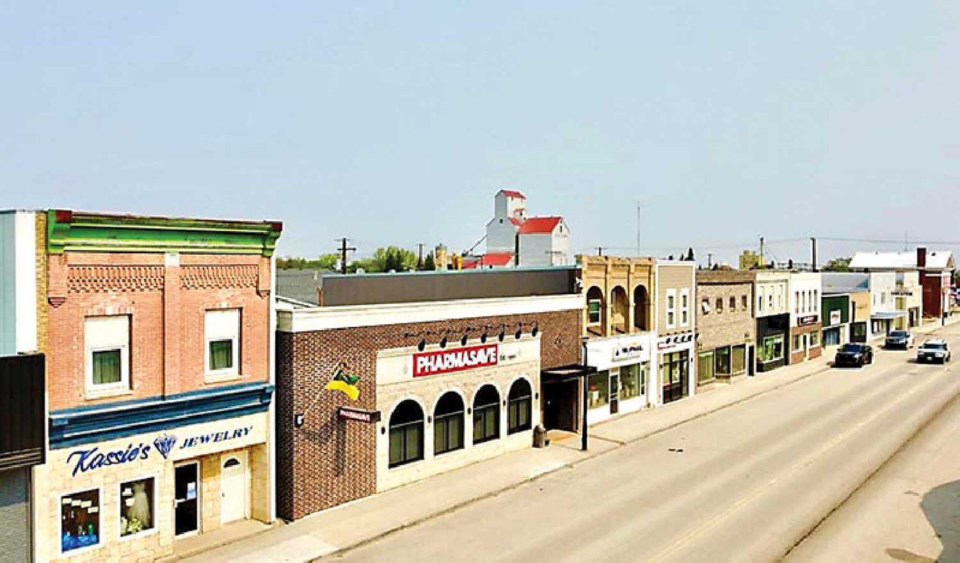MOOSOMIN — In response to an article in the World-Spectator, the Ministry of Environment and Climate Change reiterated the importance of small business and commented on the lack of carbon tax rebates towards them.
“The Government of Canada is committed to ensuring the success of small- and medium-sized businesses, which are the backbone of the economy,” said Cecelia Parsons of the ministry. “That is why there are a range of supports in place to help SMEs in Canada and why the Government cut the small business tax rate from 10.5 per cent to 9 per cent, giving us the lowest tax rate for SMEs in the G7.”
According to the Canadian Federation of Independent Business, over $300 million remains owed to small-to-medium sized businesses across Saskatchewan alone, and $2.5 billion across the country in carbon tax rebates.
“In developing the carbon pollution pricing system in Canada, the Government of Canada made special provisions to help small- and medium-sized businesses, by allocating a portion of all revenues to be returned specifically to them, in jurisdictions where the federal backstop system applies,” Parsons said.
“All federal fuel charge proceeds are returned to the jurisdiction of origin, including the amount allocated for SMEs, through programming currently under development, as specified by the Minister of Finance in late 2022. The Government of Canada is preparing to return over $2.5 billion of fuel charge proceeds to emissions-intensive and trade-exposed small and medium-sized enterprises by the expected deadline.”
The $2.5 billion Parsons spoke of is the amount of carbon tax revenue collected since 2019. A third party group was supposed to distribute those funds last spring, but the CFIB has not been updated if such an entity exists. When the Minister of Finance announced in 2022 that the funds would be returned, it was indicated that the process would begin in 2023.
“The first phase of these return programs will distribute approximately $2.5 billion of fuel charge proceeds to emission-intensive and trade-exposed small- and medium-sized businesses in Alberta, Manitoba, Ontario and Saskatchewan,” Parsons confirmed. “This comprises proceeds collected in the four provinces in the 2019-20 to 2023-24 fiscal years.”
Eastern provinces are promised money in the next phase of payments, but no date has been set for that payout either.
“The second phase of the return programs will distribute $70.1 million of fuel charge proceeds to emission-intensive and trade-exposed small- and medium-sized businesses in New Brunswick, Newfoundland and Labrador, Nova Scotia and Prince Edward Island,” exlained Parsons. “This comprises proceeds collected in the four Atlantic provinces in the 2023-24 fiscal year.”
While timelines have not been established yet, Parsons assures “the Government of Canada is working hard to launch these fuel charge return programs.”




